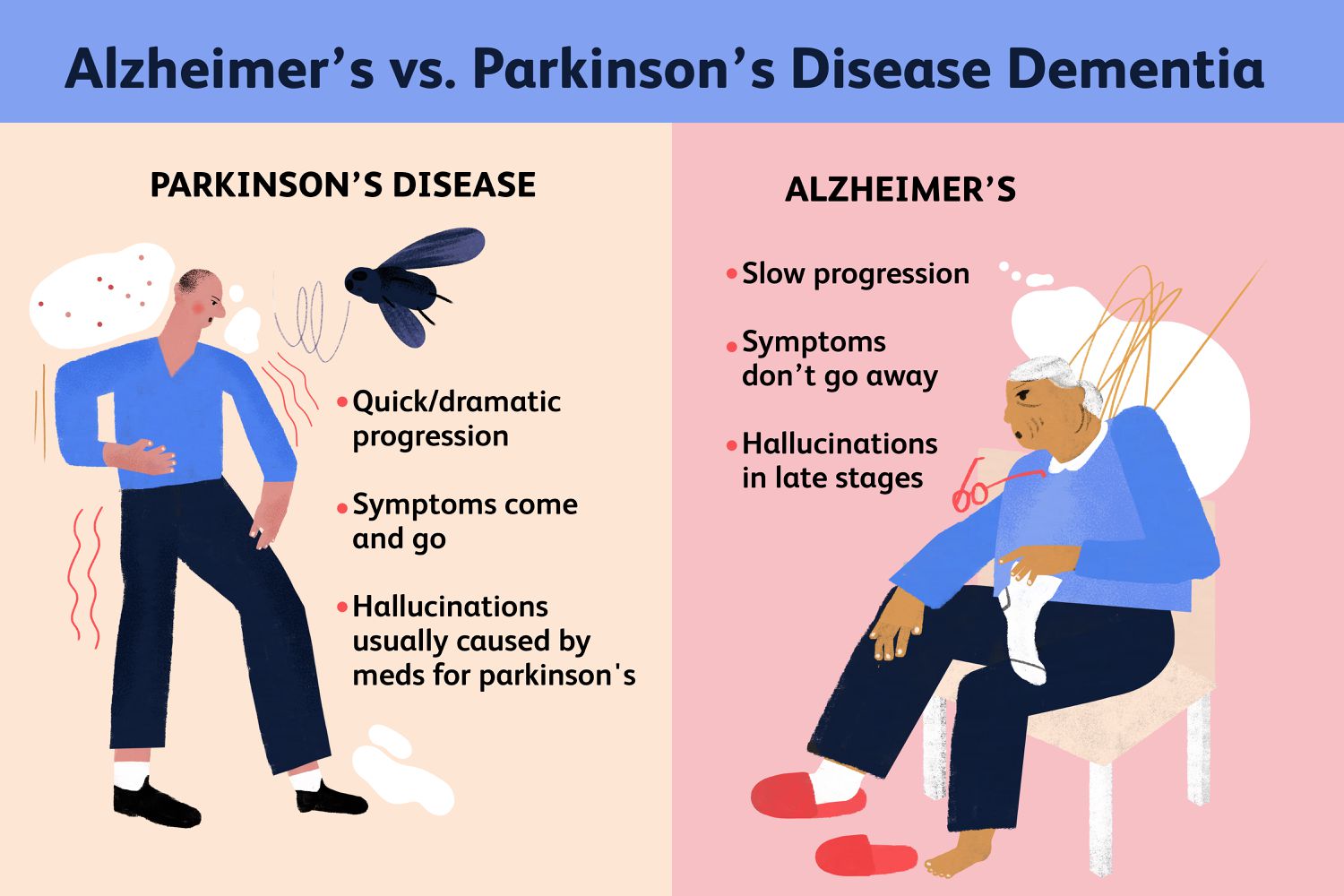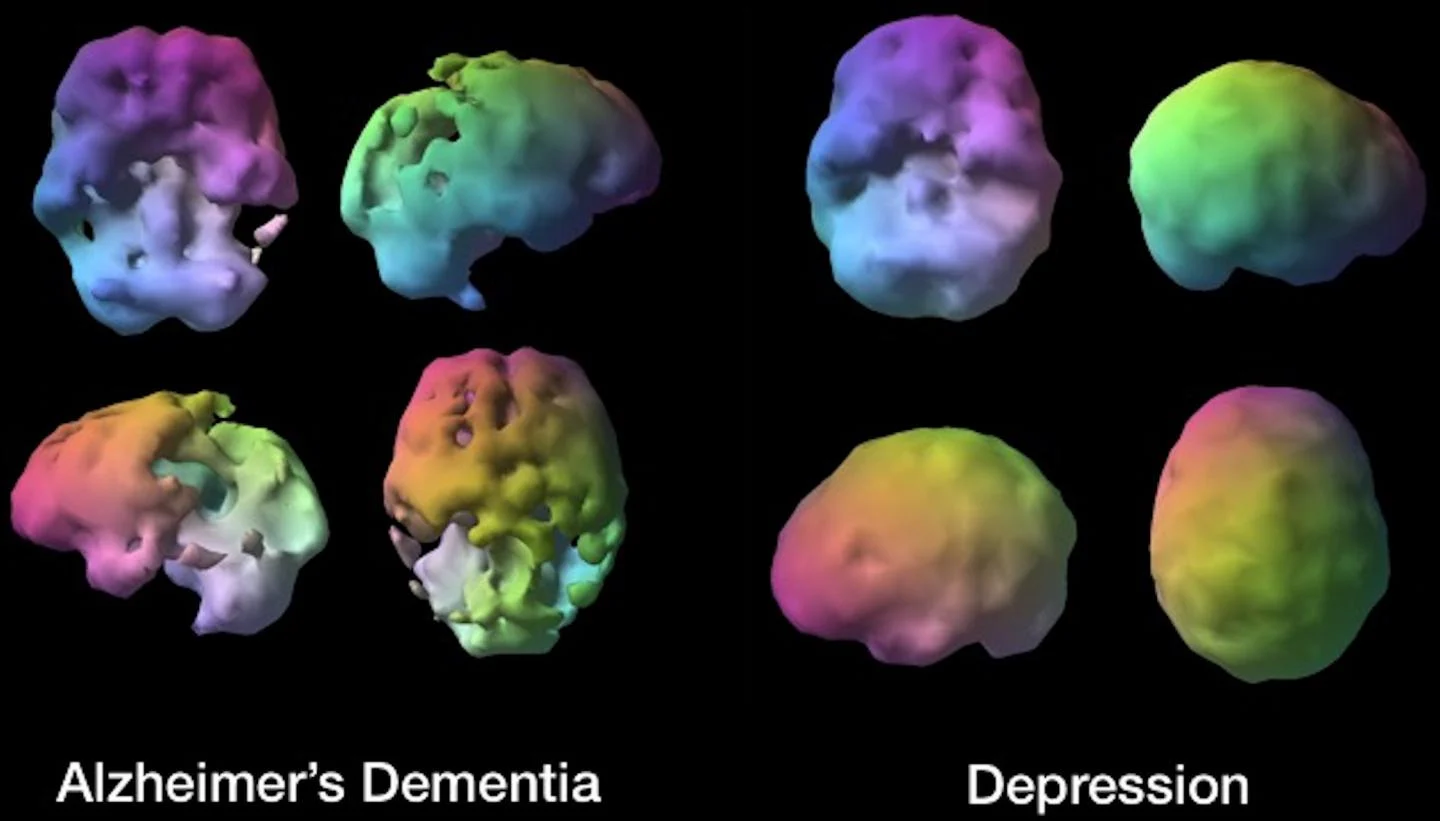Omicron BF.7 Variant: How To Determine Whether Your Cough Is Caused By Covid Or Not?


The new Omicron BF.7 subvariant of Covid has been behind the massive increase in hospitalisations in China, and it is feared that the virus will kill millions in the coming months. The same subvariant has infected four people in India so far, but health officials and experts say there is no reason to panic just yet. Two cases from Gujarat and two from Odisha have been reported. This sub-variant has already been found in Germany, Belgium, France, Denmark, United States, and United Kingdom.
According to PTI, it is a highly transmissible variant with a shorter incubation period. It also has a higher capacity to cause re-infection and can even infect vaccinated individuals. Omicron BF.7 infects more quickly and is difficult to detect in RT-PCR tests. It is known to affect people who are unvaccinated, have weakened immunity – such as children, elderly, and pregnant women. Vaccinated people are said to have milder symptoms when infected.
This variant’s symptoms are similar to those of an earlier Covid infection, including fever, cough, sore throat, weakness, nausea, and diarrhoea. However, it is critical to understand what types of cough or sore throat symptoms may indicate virus exposure. However, Dr Deepak Verma Consultant – Internal Medicine, Manipal Hospitals, Ghaziabad spoke to Hindustan Times on how one can tell if their cough is associated with Covid or another infection.
Why it is important to recognize Covid symptoms?
“Covid infections have presented a full spectrum of symptoms. For some people, Covid can be asymptomatic, and they get better without experiencing much discomfort, but on the other hand, Covid is known to be severely impactful and has even led to many deaths all around the world. Therefore, it is important to be aware of all signs and symptoms of the disease and get tested immediately if any Covid-like symptoms appear for the protection of themselves and others around them,” says Dr Deepak Verma.
- Types of Cough: The vast majority of Covid patients develop a dry cough as opposed to a wet cough. It starts out mildly but worsens over the course of several weeks. As a result, it causes other issues such as chest tightness and breathing difficulties. They must immediately restrict their exposure to public spaces and undergo testing.
- Cold: People have reported having a sore throat feels similar to what you might experience during a cold, giving a ‘scratchy’ or irritated sensation. A Covid cough is frequently accompanied by other symptoms such as a persistent sore throat, runny nose, coughing fits, a mild to moderate fever, and shortness of breath.
- Tiredness: A common cough infection does not result in extreme fatigue and weakness. A Covid infection can immediately weaken the body’s defences and exhaust it, making even daily activities difficult.
- Runny Nose: A runny nose is another symptom of BF.7, similar to previous subvariants. Nearly 60% of people who tested positive for COVID-19 with loss of smell also reported having a runny nose.
Health Minister Mansukh Mandaviya urged people to follow Covid-appropriate behaviour. “COVID is not over yet. I have directed all concerned to be alert and strengthen surveillance. We are prepared to manage any situation,” he wrote in a tweet. China, Japan, South Korea, France, and the United States are currently reporting an alarming increase in Covid-19 cases.







